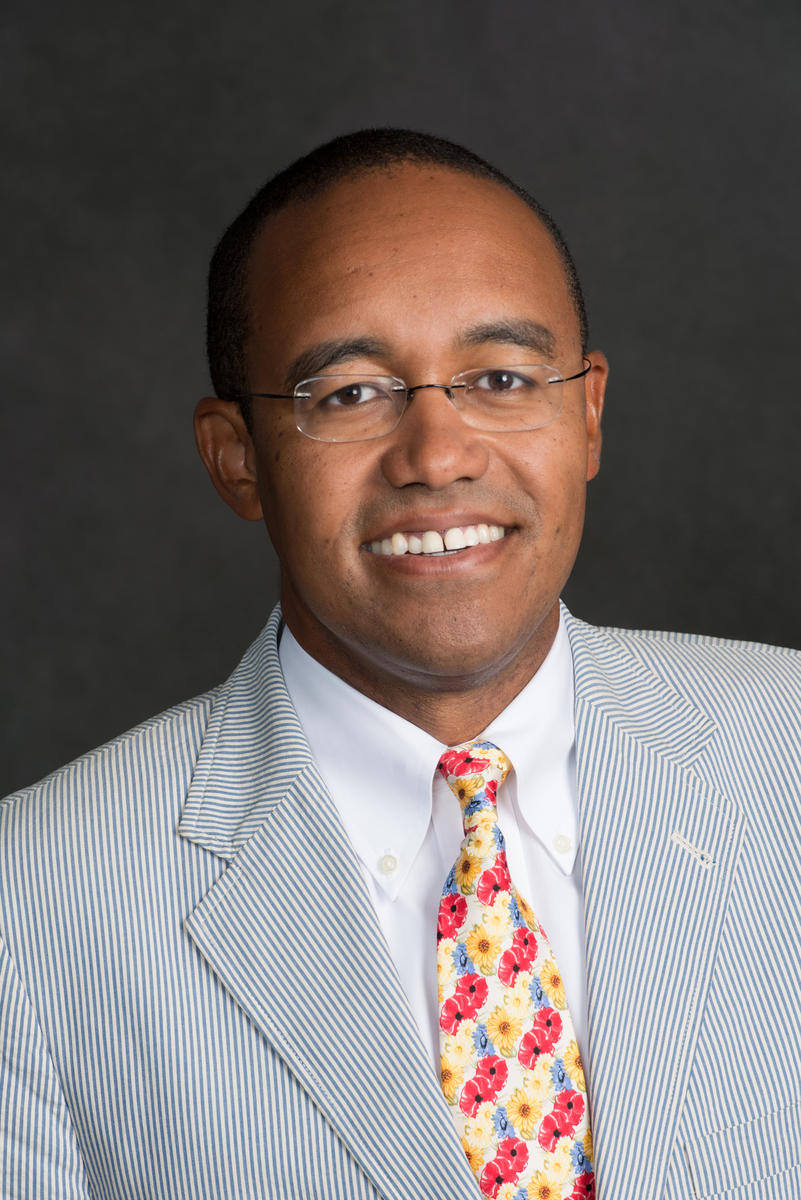
Dr. Jonathan L. Wharton, Associate Professor of Political Science and Urban Affairs at Southern Connecticut State University, will highlight Connecticut’s recent gubernatorial race and offer a brief history of state party politics.
Connecticut’s history of strong home rule or local sovereignty has allowed major state parties to remain in localized but divided hands. With 169 municipalities and no county government, Connecticut’s local parties operate through small party committees or party town committees. With so many committees and state party centralized committees, Democrats and Republicans face a sea of divided and localized control. In addition, state party chairs have little political power since twentieth century reform laws decentralized their ability to support specific candidates and maintain party unity. With these institutionalized and political implications as well as publicly financed campaigns, over two dozen gubernatorial candidates ran in Connecticut’s 2018 election. While Connecticut voters have not consecutively elected the same party into the governor’s mansion in nearly a century, Governor Ned Lamont was a modern gubernatorial anomaly. Largely through self-financing, Lamont spent over $16 million and won some 687,000 votes while over 710,000 voted for other candidates including Republican candidate Bob Stefanowski and independent candidate Oz Griebel. But state party chairs proved to be powerless as dozens of candidates ran for governor and relied more on public financing over formal partisan leadership and party chair rule-making. Thus, 2018’s gubernatorial race proved to be an unusual election but was also a reminder of Connecticut’s home rule and party boss decentralized politics.
Wharton presented some of his findings regarding the problems facing Connecticut’s two major political parties at the New England Political Science Association’s Clyde McKee Memorial New England Politics Roundtable. He also recently submitted a study for the New England Journal of Political Science, “Political Erosion in ‘The Land of Steady Habits’: Party Politics in Connecticut’s 2018 Gubernatorial Election.”
As a citizen scholar, Jonathan Wharton has been an active participant and researcher in Connecticut politics. A West Hartford native, he is currently a 10th district (West Haven, New Haven) Republican State Central Committee member for the Connecticut Republican Party and former chairman of the New Haven Republicans. Wharton was a delegate to the 2018 Connecticut Republican party convention and political director for Seymour’s First Selectman Kurt Miller, who ran for state comptroller. He advises SCSU College Republicans and College Democrats and remains a frequent guest on WNPR’s “Wheelhouse” and “Where We Live” radio shows analyzing Connecticut politics. Wharton serves as commissioner on the New Haven City Plan Commission and deacon at New Haven’s historical Congregationalist Center Church on the Green.
Wharton’s research and publications have centered on state and local government, gentrification, economic development as well as identity and coalition politics. His first book,A Post-Racial Change Is Gonna Come: Newark, Cory Booker and the Transformation of Urban America (Palgrave Macmillan 2013), focuses on Newark’s coalition politics and economic development approaches. Wharton’s most recent book, Democracy in New England: A Community Politics Reader (Cognella 2018), examines several key works about local politics in various regional cities.
Prior to academia, Wharton worked as a congressional aide for US Representatives Charles Rangel (D-NY), Glenn Poshard (D-IL) and Chris Shays (R-CT). He was also a government affairs researcher for several Washington nonprofit organizations and a research analyst in the New Jersey state legislature in the Office of Legislative Services.
Read about Professor Wharton in The Southern News
Dinner followed for CAAS members and guests. (Dinner fee is $40/person)